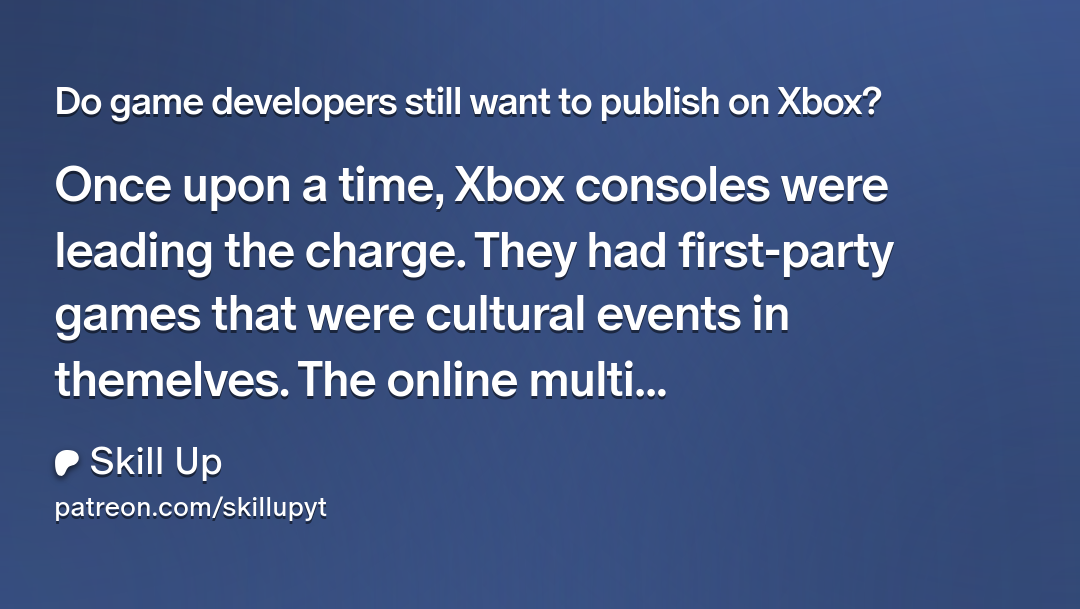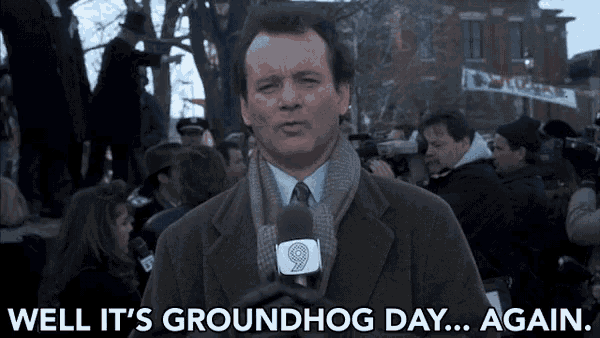As a developer, Game Pass doesn't benefit studios the way it was promised. Developers were told that putting their games on Game Pass would lead to increased sales through greater exposure, but that hasn’t worked out as expected. Talking to a few developers that I know they stated that while the initial spike in visibility was noticeable, it hasn’t translated into the kind of long-term sales growth theye were led to believe. Instead, players seem content to engage with their game on the service and then move on to the next title, leaving traditional revenue streams stagnant. Does Game Pass harm developers in ways that are only becoming clear now. Unless Microsft is doing a huge payout, a lot of indie developers I know aren't seeing reasons to release their games on the platform and they payout has decreased dramatically since the buyouts.
A studio I know sent the following assestment to me.
A studio I know sent the following assestment to me.
- Revenue Uncertainty: Developers often rely on upfront sales for predictable revenue. Game Pass shifts this model to a subscription-based payout, which can be inconsistent and tied to engagement metrics rather than actual game purchases. This leads to financial uncertainty for studios, especially indie developers.
- Devaluation of Games: With so many titles available for a low monthly fee, the perceived value of individual games decreases. Consumers may become less willing to pay full price for games outside the subscription, creating a "race to the bottom" in pricing.
- Unsustainable Expectations: Game Pass fosters a culture where players expect to access a large library of high-quality games at minimal cost. This places pressure on developers to lower prices or join the subscription service, often at unfavorable terms.
- Lack of Long-Tail Sales: Titles on Game Pass may experience a surge in engagement initially but suffer from reduced long-term sales as players move to newer titles within the subscription. This affects studios that rely on steady income from evergreen titles.
- Indie Developers Struggle: While exposure on Game Pass can boost visibility, many indie developers report that the revenue from the platform doesn’t compensate for the loss of traditional sales. Additionally, it can be challenging for smaller games to stand out among a vast library.







